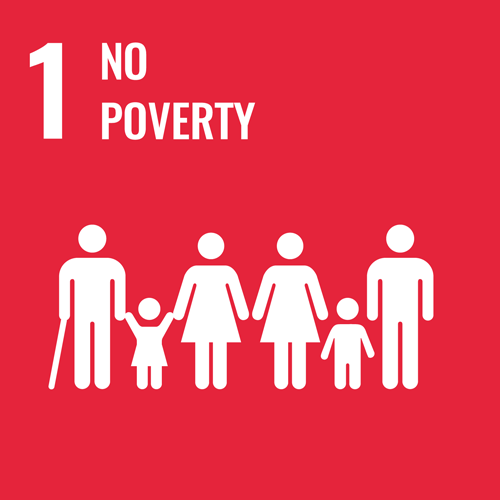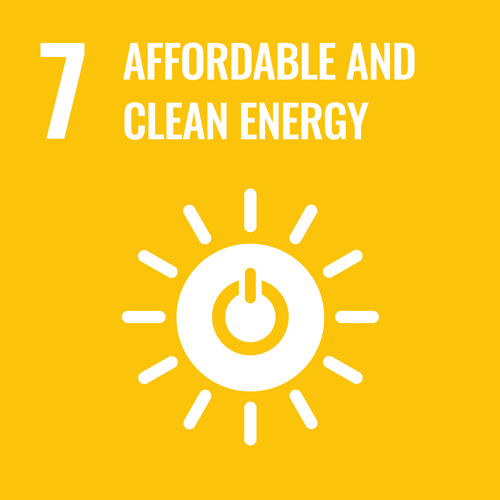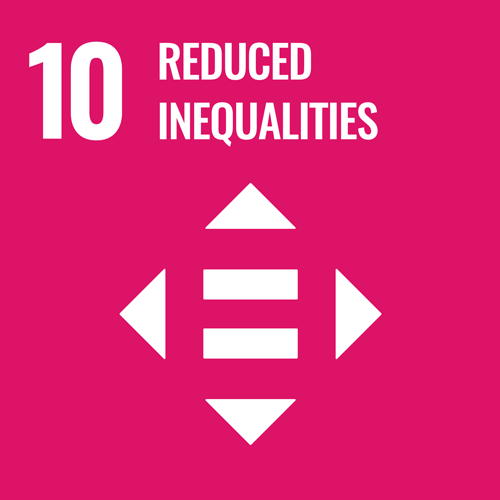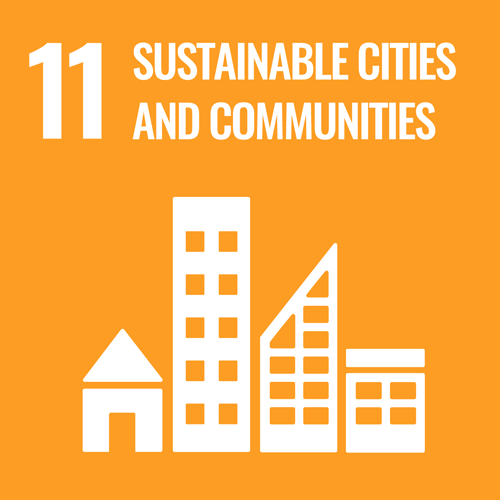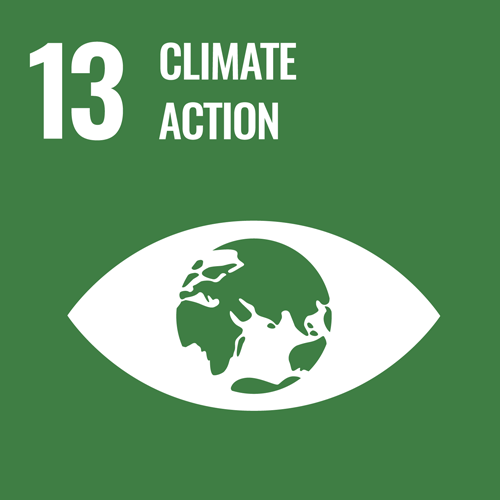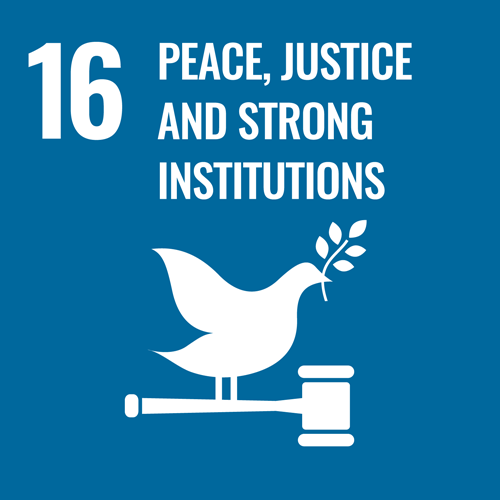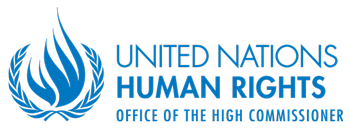
The Office of the High Commissioner for Human Rights (UN Human Rights) is the leading UN entity on human rights. We represent the world’s commitment to the promotion and protection of the full range of human rights and freedoms set out in the Universal Declaration of Human Rights.
Description of Activities on AI
Project 1: Expert seminar on artificial intelligence and the right to privacy
Human Rights Council resolution 42/15 requested UN Human Rights to organize a one-day expert seminar to discuss how artificial intelligence, including profiling, automated decision-making and machine-learning technologies may, without proper safeguards, affect the enjoyment of the right to privacy. The seminar took place as a public online event over two half-days on 27/28 May 2020. One important area of discussion were the specific challenges for the right to privacy that the rapidly increasing use of AI brings about. The seminar also highlighted the key role that privacy plays in safeguarding other human rights affected by AI. It also articulated safeguards and processes that States, businesses and international organisations are required to put in place to promote and protect the right to privacy in the digital age.
Project 2: Report on artificial intelligence and the right to privacy
Human Rights Council resolution 42/15 also requested UN Human Rights to analyse the widespread use of artificial intelligence by States and businesses and their impact on the enjoyment of the right to privacy, as well as economic, social and cultural rights. The report calls for a ban on AI applications that are incompatible with international human rights law, and for moratoriums to be imposed on the sale and use of high-risk AI systems, including a ban on remote biometric systems, unless and until adequate safeguards are put in place to protect human rights. The report recommends that States and businesses conduct human rights due diligence throughout the entire life cycle of AI systems.
Project 3: Report on the right to privacy in the digital age
As a follow-up to the report on artificial intelligence and the right to privacy, published in September 2021, UN Human Rights will present a report examining recent trends and challenges regarding the right to privacy and clarifying related human rights principles, safeguards and best practices.
Project 4: Expert consultation and report on 1) the practical application of the Guiding Principles on Business and Human Rights on the activities of technology companies; and 2) technical standard-setting and human rights
Human Rights Council resolution 47/23 requested UN Human Rights to convene two expert consultations, to discuss the relationship between human rights and technical standard-setting processes for new and emerging digital technologies and the practical application of the Guiding Principles on Business and Human Rights (UNGP) on the activities of technology companies, and to submit two reports. A virtual expert consultation was held on 7 and 8 March 2022 to discuss the practical application of the Guiding Principles on Business and Human Rights to the activities of technology companies, focusing on 1) the State duty to protect human rights; 2) the role of the UNGPs in tech policy and regulation; 3) the corporate responsibility to protect human rights; and 4) access to remedy. The report demonstrates the value and practical application of the UNGPs in preventing and addressing adverse impacts on human rights related to technology companies and provides a set of recommendations for States, technology companies, regional and international organizations, civil society, and the United Nations. The expert consultation and report on technical standard-setting and human rights will be completed in 2023.
Project 5: Report on peaceful protests and new technologies
In its resolution 38/11, the Human Rights Council requested the United Nations High Commissioner for Human Rights to prepare a thematic report on new technologies, including information and communications technology (ICT), and their impact on the promotion and protection of human rights in the context of assemblies, including peaceful protests. The report, presented at the 44th session of the Human Rights Council highlights not only the character of new digital technologies as enablers of the enjoyment of human rights but also delves into issues linked to various surveillance technologies, including AI-based surveillance (such as facial recognition) of organizers of and participants in peaceful assemblies. Among other recommendations, it calls for a moratorium on the use of facial recognition in the context of peaceful assemblies.
Project 6: B-Tech Projectdeploying and using new technologies
UN Human Rights has launched the B-Tech Project which develops authoritative guidance and resources to enhance the quality of implementation of the United National Guiding Principles on Business and Human rights with respect to a selected number of strategic focus areas in the technology space. It focuses on the following thematic areas, all of which touch upon important aspects of the development, deployment and use of AI: (1) Addressing Human Rights Risks in Business Models; (2) Human Rights Due Diligence and End-Use; (3) Accountability and Remedy; and (4) A Smart Mix of Measures: Exploring regulatory and policy responses to human rights challenges linked to digital technologies.
Project 7: Development of UN system-wide guidance on human rights diligence in the context of developing, deploying and using new technologies
In his Roadmap for Digital Cooperation, the Secretary-General asked UN Human Rights to develop UN System-Wide Guidance on Human Rights Due Diligence for Digital Technology Use (A/74/821) to support all UN entities to implement and strengthen human rights due diligence (HRDD) policies, processes and practices for the use (including development, acquisition and sharing) of digital technologies. The guidance provides a practical introduction to HRDD to assist each entity in developing, implementing and strengthening its HRDD for digital technology use, as well as actions to get started and strengthen HRDD over time.
Project 8: United Nations Hub for Human Rights and Digital Technology
As part of the implementation of the UN Secretary-General’s Call to Action for Human Rights, UN Human Rights launched the UN Hub for Human Rights and Digital Technology, which provides a central repository of authoritative guidance from various UN human rights mechanisms on the application of human rights norms to the use and governance of digital technologies, including artificial intelligence.
Project 9: Co-lead of implementation of the data protection pillar of the UN Data Strategy
In June 2016, the Secretary-General presented the UN Data Strategy for Action by Everyone, Everywhere. Data Protection and Privacy is one of the priority areas in the strategy. OLA, EOSG and UN Human Rights are the co-leads of the implementation of this priority area).
Project 10: Universal Human Rights Index
The Universal Human Rights Index (UHRI) is designed to facilitate access to human rights recommendations issued by three key pillars of the United Nations human rights protection system: the Treaty Bodies established under the international human rights treaties as well as the Special Procedures and the Universal Periodic Review (UPR) of the Human Rights Council. Many of these outputs have been manually tagged for eight years. We have used this training dataset to build a natural language classifier, using a neural network, to create recommendations for how outputs should be classified.
Project 11: Digital Image Verification and Classification Project
In the past, human rights investigations faced challenges in gathering sufficient data, but with the advent of portable consumer technologies the challenge has evolved. The amount of data is not such a pressing issue, but filtering information to create useful evidence is a challenge. The recent experience of the Commission of Enquiry on the protests in Gaza or the current experience of the Commission of Enquiry on the Syrian Arab Republic are instructive. Both initiatives have received huge quantities of video and image data from networks of informants, a big challenge to authenticate, classify and analyse into useful evidence. This project works to address this need by further developing existing open source tools, available to the human rights ecosystem, and creating an internal instance for conducting the same analysis on confidential information.
Project 12: Report of the Advisory Committee of the Human Rights Council on New and Emerging Digital Technologies and Human Rights (A/HRC/47/52)
Pursuant to the adoption by the Human Rights Council resolution “New and emerging digital technologies and human rights” (A/HRC/RES/41/11) at the forty-first session, the Advisory Committee presented a report on the impacts, opportunities, and challenges of new technologies with regard to the promotion and protection of human rights, including mapping of relevant existing initiatives by the United Nations (UN) and recommendations on how human rights opportunities, challenges, and gaps arising from new technologies could be addressed by the Human Rights Council and its special procedures and subsidiary bodies in a holistic, balanced, and pragmatic manner. The report addresses a range of issues linked to the use of AI and notes that AI decision-making, even when unintended, may result in discriminatory outcomes if the decision-making is based on biased algorithms. It highlights that a rigorous human rights due diligence of automated decision-making tools is necessary.
Project 13: Human Rights Council report of the Special Rapporteur on contemporary forms of racism, racial discrimination, xenophobia and related intolerance on Racial discrimination and emerging digital technologies: a human rights analysis (A/HRC/44/57)
The Special Rapporteur analyses different forms of racial discrimination in the design and use of emerging digital technologies, such as AI, and focuses in particular on the structural and institutional dimensions of this discrimination. She also outlines the human rights obligations of States and the responsibility of corporations to combat this discrimination.
Project 14: Human Rights Council report of the Special Rapporteur on contemporary forms of racism, racial discrimination, xenophobia and related intolerance on racial and xenophobic discrimination and the use of digital technologies in border and immigration enforcement (A/HRC/48/76)
The Special Rapporteur highlights how digital technologies, including AI systems, are being deployed to advance xenophobic and racially discriminatory ideologies which have become prevalent. The report also links the trends in immigration surveillance whereby AI-driven predictive models are prone to creating and reproducing racially discriminatory feedback loops.
Project 15: Human Rights Council report of the Special Rapporteur on the rights of persons with disabilities (A/HRC/49/52)
Pursuant to the Human Rights Council resolution 44/10, the Special Rapporteur provides a study on artificial intelligence and the rights of persons with disabilities. The Special Rapporteur examines the opportunities and the risks posed by artificial intelligence technology to the enjoyment of the human rights of persons with disabilities, and emphasizes that the practical benefits of artificial intelligence may be realized once their human rights risks are sufficiently addressed.
Project 16: Human Rights Council report of the Special Rapporteur on extreme poverty and human rights on the non-take-up of rights in the context of social protection (A/HRC/50/38)
The Special Rapporteur notes that automation of benefits, by reducing administrative complexity for potential recipients, can reduce “non-take-up”, a phenomenon where social protection benefits often go unused even though they are designed to protect individuals throughout their lives. At the same time, the Special Rapporteur highlights that automation carries risks of exclusion for the most vulnerable groups, including people unregistered at birth, undocumented migrants, individuals without a fixed address, or informal workers.
Project 17: UN General Assembly report of the Special Rapporteur on extreme poverty and human rights on digital welfare states and human rights (A/74/493)
In the context of greater digitization of social protection and assistance systems and the increasing role played by automated decision-making through the use of algorithms and artificial intelligence in such systems, the Special Rapporteur warns of a digital welfare dystopia and recommends that rather than obsessing about fraud, cost savings, sanctions, and market-driven definitions of efficiency, the starting point should be on how welfare budgets could be transformed through technology to ensure a higher standard of living for the vulnerable and disadvantaged.
Project 18: General comment No. 37, Article 21: Right of peaceful assembly
The General Comment No. 37 on the right of peaceful assembly was adopted on 23 July 2020 during the 129th online session of the Human Rights Committee. The General Comment addresses extensively question linked to the use of digital technologies, including AI-based tools, both by organizers of and participants in assemblies and state authorities.
Project 19: Committee on the Rights of the Child – General Comment No. 25: Children’s rights in relation to the digital environment
The General Comment No. 25 on children’s rights in relation to the digital environment was adopted on 2 March 2021 during the 131st session of the Human Rights Committee. The General Comment lays out how States parties should implement the Convention in relation to the digital environment and provides guidance on relevant legislative, policy and other measures to ensure full compliance with their obligations under the Convention and the Optional Protocols in light of the opportunities, risks, and challenges in promoting, respecting, protecting and fulfilling all children’s rights in the digital environment.
Project 20: Committee on the Elimination of Racial Discrimination: General comment No. 36: preventing and combating racial profiling by law enforcement officials
The General Comment No. 36 on preventing and combating racial profiling by law enforcement officials was adopted on 17 December 2020 during the 102nd session of the Human Rights Committee. The General Comment focuses on algorithmic decision-making and AI in relation to racial profiling by law enforcement officials, and has observed that the increasing use of new technologies, including AI, has the potential to deepen racism, racial discrimination, xenophobia and other forms of exclusion. focuses on algorithmic decision-making and AI in relation to racial profiling by law enforcement officials.


 Buy your pass
Buy your pass
